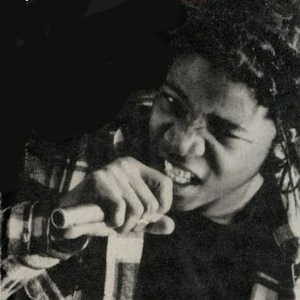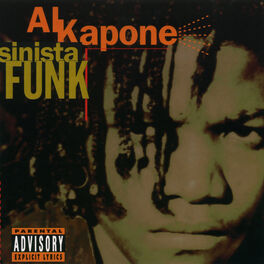
The books develop and draw together work in the field they aim to be accessible, interdisciplinary and international in scope, and to cover a wide range of social and institutional contexts.

The series aims to provide a home for books on reading and writing which consider literacy as a social practice and which situate it within broader institutional contexts. This series reflects the burgeoning research and scholarship in the field of literacy studies and its increasingly interdisciplinary nature. Literacy practices are changing rapidly in contemporary society in response to broad social, economic and technological changes: in education, the workplace, the media and in everyday life. LITERACIES Series Editor: David Barton Lancaster University She is the author of African American Literacies (Routledge, 2003) and co-editor of Understanding African American Rhetoric: Classical Origins to Contemporary Innovations (Routledge, 2003). Elaine Richardson is Associate Professor of English and Applied Linguistics at Pennsylvania State University. Hiphop Literacies brings together issues and concepts that are explored in the disciplines of folklore, ethnomusicology, sociolinguistics, discourse studies and New Literacies Studies. In locating rap and Hiphop discourse within a trajectory of Black discourses, Richardson examines African American Hiphop in secondary oral contexts such as rap music, song lyrics, electronic and digital media, oral performances and cinema.

Richardson analyzes the lyrics and discourse of Hiphop, explodes myths and stereotypes about Black culture and language and shows how Hiphop language is a global ambassador of the English language and American culture. Hiphop Literacies is required reading for those interested in understanding the complex relationship between Hiphop, popular culture, and the African American language ideology.” Marcyliena Morgan, Stanford University, US Hiphop Literacies is an exploration of the rhetorical language and literacy practices of African Americans, with a focus on the Hiphop generation. From Jamaica’s Dancehall DJs and yardies, German Hiphop artists, gamers, and more, Elaine Richardson demonstrates that as Hiphop expands throughout the globe, it continues to spread and incorporate African American aesthetics and language ideology.

“In this complex and engaging study, Elaine Richardson unravels the history, importance, vivacity, and complexity of Hiphop discourse practices in pop culture.


 0 kommentar(er)
0 kommentar(er)
